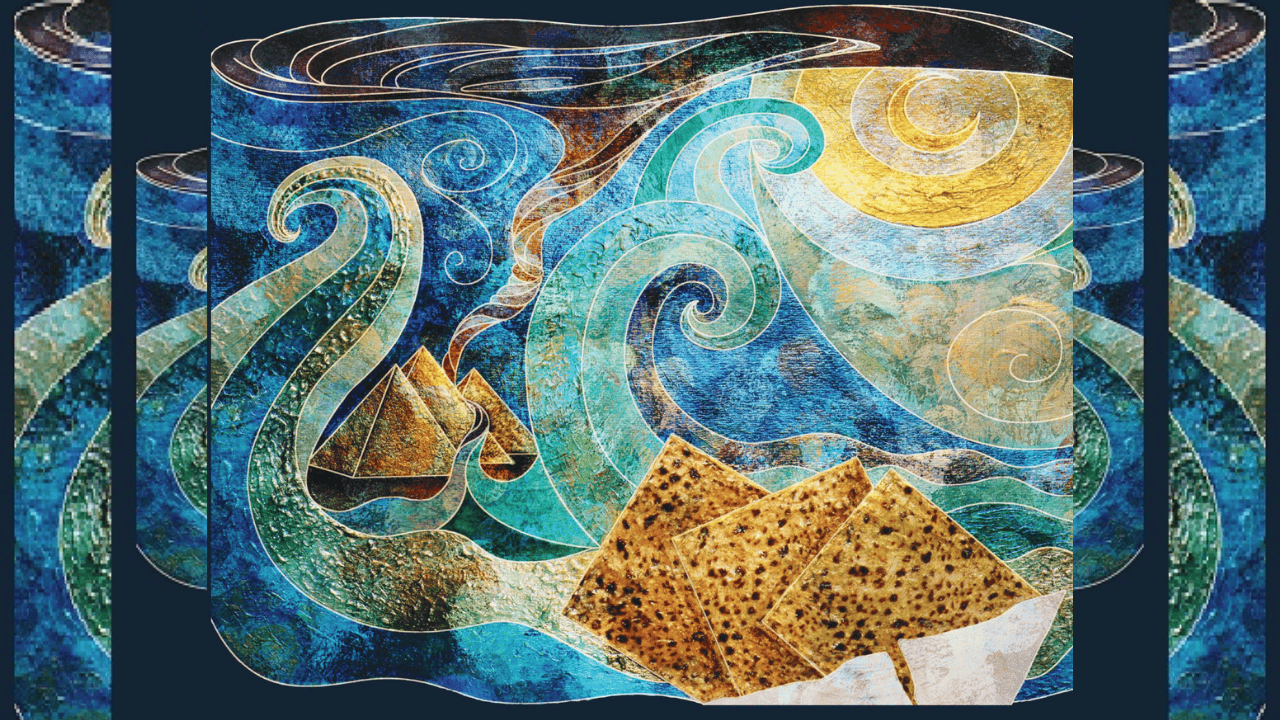In the portion of Balak, Balaam, a sorcerer and heathen prophet, is hired by Balak the king of Moab to curse the Jews. Legend had it that whoever was blessed by Balaam would be blessed and whoever was cursed by Balaam would be cursed. According to tradition Balaam was the spiritual counterforce on the side of impurity to Moses (Sifrei on Deuteronomy 34:10). The Midrash relates that the nations of the world came to God and said that if they had a prophet of Moses’ stature they too would be as holy as the Jewish people; to test them, God gave the nations Balaam as their prophet. Ironically, Balaam’s prophecies contain some of the most glorious praises of Israel in the entire Torah as well as extensive prophecies about the Messianic era.
In the written text, Balaam explicitly tells Balak that even though he has hired him to curse the Jewish people, he can only utter what God “puts in my mouth.” He seems to have no sinister motives in prophesying about the Jewish people; however, the oral tradition paints an entirely different picture. Indeed, a close reading of the text reveals many subtle and not so subtle allusions to Balaam’s true desire to curse the Jews. For one, his frequently repeated claim that he can only prophesy what God tells him to seems to indicate that he wished the situation were reversed. Indeed, every time he blesses the Jews, he asks Balak to give him another chance to curse them. That God would have chosen such an individual – an impure vessel – to utter some of the most sublime praises and prophecies is very perplexing.
As discussed above in the first section of Numbers, sometimes “the medium is the message.” Just as Mashiach’s spark and lineage is revealed in this world as the result of a number of strange and mystifying sexual liaisons – a drunken Lot sleeping with his daughters; Tamar seducing and sleeping with her father-in-law, Judah; the circumstances leading to Boaz’ marriage to Ruth the Moabite convert; and the state of affairs surrounding King David’s conception – so too God uses the impure Balaam to reveal the most exalted of prophecies. There is a lesson to be learned from His doing so: God can use even the lowest of the low to serve His purposes.
The Midrash teaches that “God had a passion to have for Himself a dwelling place in the lower worlds” (Midrash Tanchuma, Naso 16; see “A Dwelling Place in the Lower Worlds” in Tetzaveh). Above we interpreted this concept as meaning that God wanted Divinity and spirituality to infuse all aspects of life and the physical world. The Tabernacle in the desert and the Temple in Jerusalem are the quintessential representations of this ideal. Here though a different aspect of God desiring a dwelling place in the lower worlds is revealed. God desires to utilize even the lowest of the low to fulfill His will, to serve Him as an instrument in carrying out Divine Providence. God subverts Balaam’s evil intentions by converting them into an opportunity to bless Israel.
According to the Slonimer Rebbe, Balak and Balaam did not mind the children of Israel learning Torah and performing mitzvot in principle. What did terrify them though was the prospect of the Jewish people entering the Land of Israel where they would be able to elevate every aspect of material reality, even the very dust of the ground, to holiness and purity. They recognized that only in the Land of Israel could the Jewish people accomplish the very purpose of creation – to make God a dwelling place in the lower worlds. In this context, Rashi’s comment on Balaam’s words – “Who can count the dust of Jacob” – has special meaning. Rashi mentions that Balaam is alluding to those mitzvot which actually use the dust of the earth, such as the rituals of the red heifer and the sotah (the suspected adulteress). In performing these mitzvot, the Jewish people raise up even the dust of the earth to the spiritual realms.
Going even deeper, the Slonimer Rebbe explains that as a representative of the forces of impurity Balaam’s real intention was not just to curse the Jewish people but to challenge both their status as the chosen people and the notion they were introducing that spirituality should entail limits or boundaries. The Jewish people and the Torah were undermining his fundamental worldview that God could be reached through idolatry, magic, and humankind fulfilling its indiscriminate physical desires. Do not think that Balaam did not possess an understanding of God and was unable to use and manipulate powerful natural forces. He most certainly did. But the Torah had revealed a new formula of God consciousness which threatened his belief that one could give license to all one’s most base passions and still be “spiritual.” This lesson is still quite relevant to our world today.







